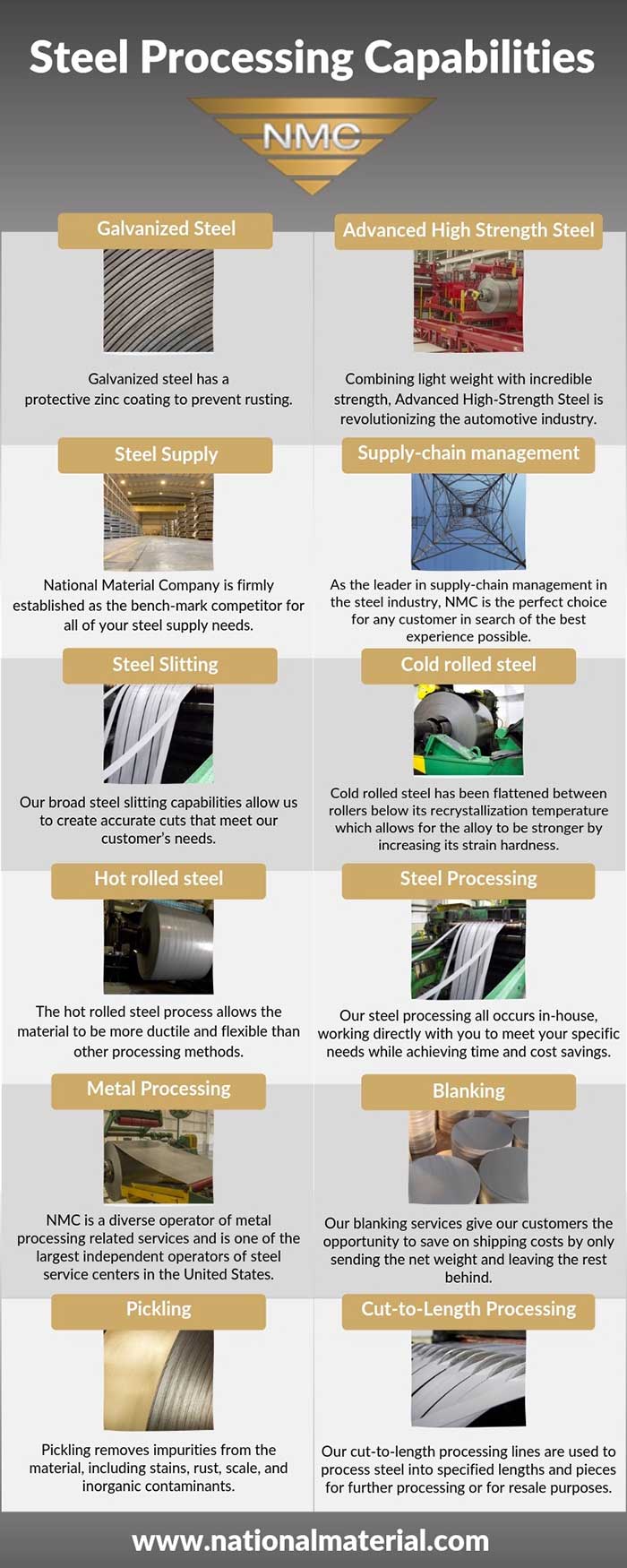EDI – Value-Added Benefits in the Steel Industry

If your company takes part in supply chain processes, then you know how easy it is to lose control of the entire document flow and how important it is to have real-time access to reliable information regarding the delivery process. In traditional methods of business to business (b2b) communication, misunderstandings can often occur. Often, these misunderstandings are regarding collection and loading time, load capacity, product specificity, how the goods were packed and sent, and status of delivery. Manual entry data can result in incorrect documents, invoice totals can be erroneously entered, inaccurate invoice information can delay payment date, and delay receiving money to buy raw materials. Paper documents can become lost or filed in the wrong file and thus be difficult to find. Electronic data interchange, or, EDI, optimizes data exchange and management, and improves b2b communication and processes. EDI includes payment, invoices, delivery confirmation, delivery, packing, and ordering.
Like many other early information technologies, EDI was inspired by developments in military logistics. The complexity of military operations that required vast quantities of data and information about transported goods inspired the first innovations in large-scale communication, which later shaped the first TDCC (Transportation Data Coordinating Committee) standards in the United States. Among the first integrated systems using EDI were Freight Control Systems. An example of this is the London Airport Cargo EDP Scheme (LACES) at Heathrow Airport, London, in which a modem-like system would forward information to agents who would directly enter information into the customs processing system, reducing the time for clearance.
EDI provides a technical basis for automated commercial “conversations” between two entities, either internal or external. The term EDI encompasses the entire electronic data interchange process, including the transmission, message flow, document format, and software used to interpret the documents. EDI is the computer-to-computer exchange of business documents in a standard electronic format between business partners.
Each term in the definition is significant:
● Computer-to-computer – EDI replaces postal mail, fax, and email. While email is also an electronic approach, the documents exchanged via email must still be handled by people rather than computers. Having people involved slows down the processing of the documents and also introduces errors. Instead, EDI documents can flow straight through to the appropriate application on the receiver’s computer (e.g., the Order Management System) and processing can begin immediately.
● Business documents – These are any of the documents that are typically exchanged between businesses. The most common documents exchanged via EDI are purchase orders, invoices, and advance ship notices. But there are many, many others such as bills of lading, customs documents, inventory documents, shipping status documents, and payment documents.
● Standard format – Because EDI documents must be processed by computers rather than humans, a standard format must be used so that the computer will be able to read and understand the documents. A standard format describes what each piece of information […]

